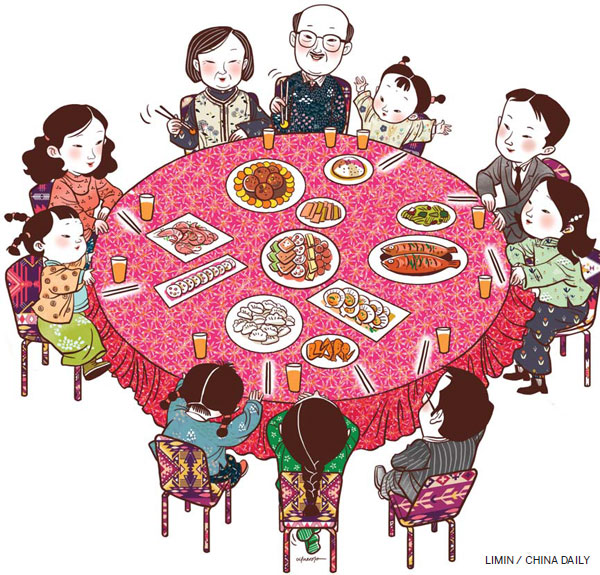China
POWER DISTANCE
- The power distance score is 80
- This dimension expresses the power distance defined as the degree to which weaker personnel in national institutions and organizations expect and accept the uneven distribution of power.
- The level system for employees of Chinese companies is solid.
- Moreover, in Chinese culture, level is extremely important in business relationships, and you must maintain level differences when communicating with them.

1

2
MASCULINITY
- The Masculinity score is 66
- China is considered a success-oriented male society.
- Young people who grow up in rural areas will often go to cities to work alone in order to get better job opportunities in big cities.
- Chinese students are influenced by their parents and society, so they care about their test scores and rankings.
- At the same time, in the history of thousands of years in ancient China, the emperors of all dynasties were men, and in the history of thousands of years, only one dynasty was a female emperor.


LONG TERM ORIENTATION
Long term orientation: 87
This dimension describe how every general public needs to keep up certain connections with its own past while managing the difficulties of the present and future, and social orders focus on these two existential objectives in an unexpected way.
- Pragmatic culture
-Personal acceptance of reality depends especially on the environment background and time


UNCERTAINTY AVOIDANCE
General public arrangements with the way that the future can never be known: Would it be advisable for us to attempt to control the future or just let it occur
Uncertainty carries with it tension and various societies have figured out how to manage this nervousness in an unexpected way
-At 30 China has a low score on Uncertainty Avoidance
-Adherence to laws and rules might be adaptable to suit the genuine circumstance and realism is an unavoidable truth.
-The Chinese feel comfortable with ambiguity. Chinese is full of ambiguous meanings, which may be difficult for Westerners to understand.
-At the time of writing, most Chinese companies (70%-80%) tend to be small and medium-sized and family owned


